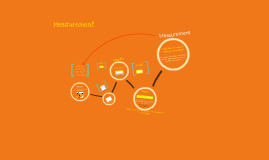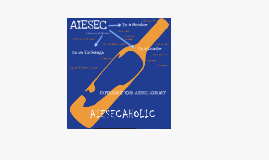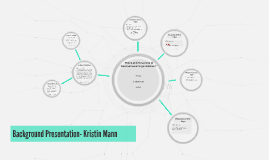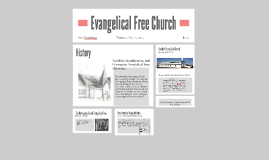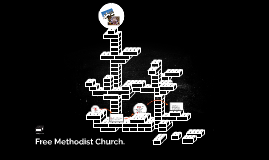Evangelical Free Church
Transcript: Building of the Church The Swedish and Norwegian-Danish bodies united in June 1950 at a merger conference held at the Medicine Lake Conference Grounds near Minneapolis, Minnesota. The two bodies represented 275 local congregations at the time of the merger.The two churches merged into the Evangelical Free Church Of America (EFCA).The EFCA shares some early ties with those who formed the Swedish Evangelical Covenant Church. It has been a member of the National Association of Evangelicals since 1943, the year after that organization was formed. The Swedish Evangelical Free Church .Several churches that had been members of the Swedish Evangelical Lutheran Ansgar Synod and Swedish Evangelical Lutheran Mission Synod, along with some independent congregations, were instrumental in the building of this church. The Norwegian- Danish Evangelical Free Church $1.25 Tuesday, May 27, 2014 Swedish Evangelical Church Two Churches Merge Into One The Norwegian-Danish Church was almost identical to the beliefs of the Swedish Church in Iowa, this church emerged in 1884, in Boston, Massachusetts. History Swedish, Scandinavian, and Norwegian Evangelical Free Churches Boone, Iowa. 1884. The EFCA has experienced tremendous growth since its formation in 1950, at which time there were 20,000 members and under 300 congregations. By the 1980s there were over 800 congregations and over 100,000 members.In 2003, the Association reported 300,000 members in over 1,400 congregations. In 2010, the EFCA reported a weekly attendance of 357,709 in 1,480 congregations.As of 2000, California had the largest number of congregations with 175.However, membership is primarily concentrated in the Midwest. 1950, Minneapolis, Minnesota. The Swedish Evangelical Free Church and the Dutch-Norwegian Evangelical Free Churches where uncomfortable in their home countries In Europe (Scandinavia and Sweden)due to the amount of state in the church system, which led to breaking off and starting of the evangelical free churches. Inclusive not exclusive: Believers are united in Christ by faith in Jesus Christ as Lord and Savior; they have to belief in the main points of doctrinal beliefs in order to be known as a member Evangelical, but not separatistic: Has a strong commitment to the authority and importance of scripture, but does not over-emphasize minor issues of doctrine Ecumenical in spirit, but not in structure: The church is united spiritually in Christ, but need not be united structurally Affirms Christian liberty with responsibility and accountability Believes that both sound Christian doctrine and an active relationship with God are essential to the life of the believer Committed to a congregational form of church government The Norwegian-Danish Evangelical Free Beliefs of EFCA Sam Batchelor EFCA today... Evangelical Free Church Church History






